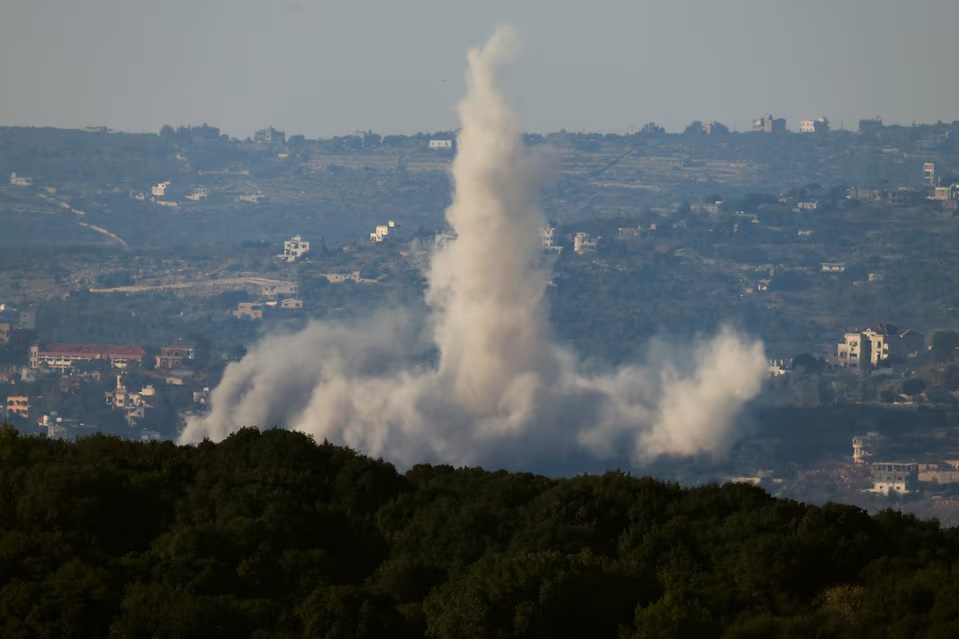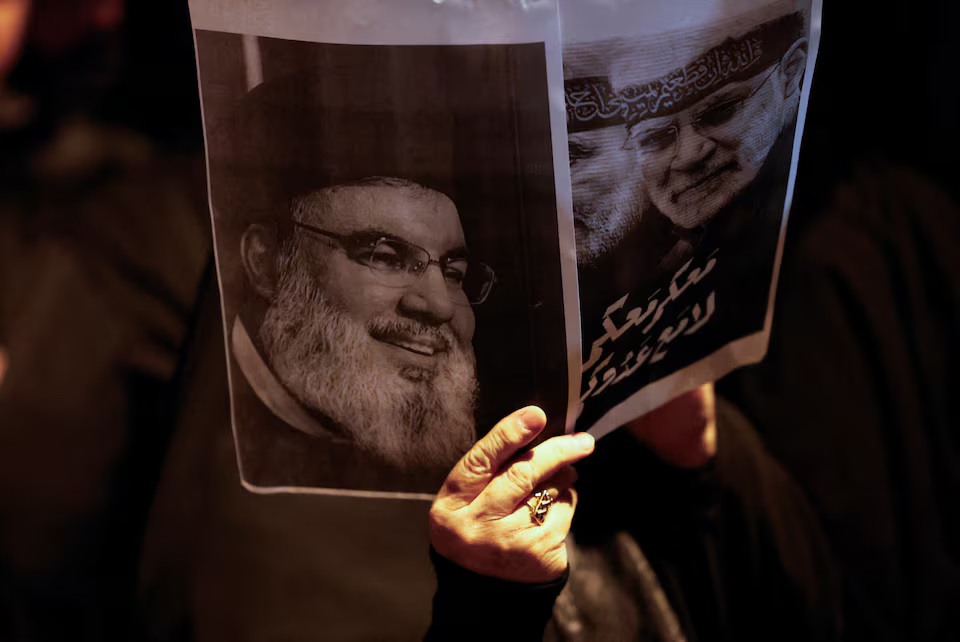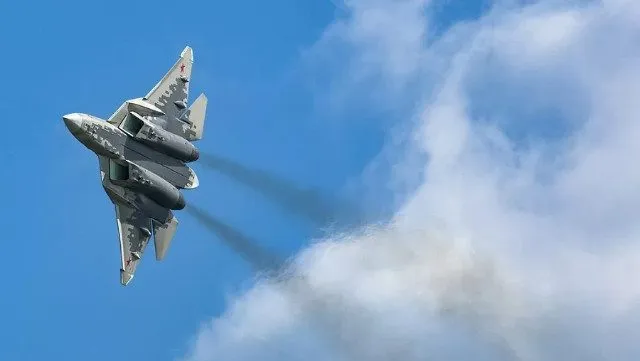Israel has launched airstrikes on Houthi targets in Yemen, marking a significant escalation in its confrontation with Iran’s regional allies. This move follows the assassination of Hezbollah leader Sayyed Hassan Nasrallah on Friday, further intensifying violence in Lebanon. The strikes on Yemen’s Hodeidah port were a direct response to recent Houthi missile attacks on Israel, amid fears that the ongoing conflict could widen to involve Iran and the U.S.
In Lebanon, Israeli bombardments have intensified over the past two weeks, resulting in the deaths of numerous top Hezbollah leaders and displacing hundreds of thousands. According to Lebanon’s Health Ministry, airstrikes on Sunday alone killed at least 45 people, including 14 medics in recent days. Israeli drones have been active over Beirut, signaling continued military efforts.
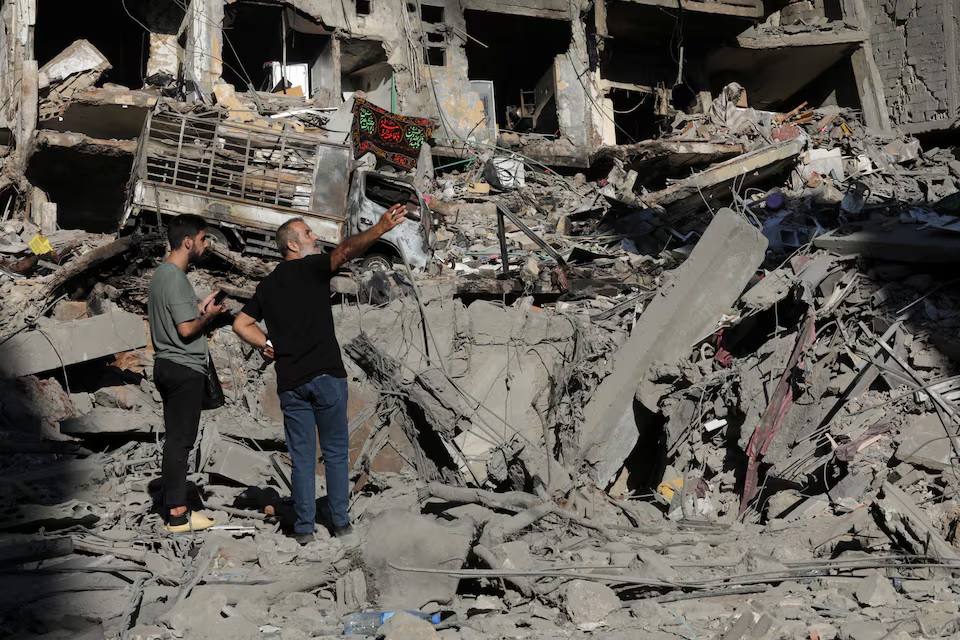
Site of the Israeli airstrike that killed Sayyed Hassan Nasrallah, Beirut’s southern suburbs, September 29, 2024.
Hezbollah and Israel have been exchanging fire since the outbreak of the Gaza war, triggered by the October 7 Hamas attack. In retaliation for Nasrallah’s death, Hezbollah has vowed to continue launching rockets into Israel. Iran has also expressed its intent to avenge the killing.
Also Read: Nasrallah’s Death Highlights Israel’s Deep Infiltration within Hezbollah
While the U.S. has called for a diplomatic resolution, it has bolstered its military presence in the region as tensions rise. Reports indicate that the bomb used to kill Nasrallah was an American-made guided weapon. U.S. officials emphasize that further conflict would not benefit residents in northern Israel.
In Iran, leaders mourned the loss of both Nasrallah and a senior Revolutionary Guards member killed in the same strike, with calls for a U.N. Security Council meeting to address Israel’s actions. The Iranian Supreme Leader has reportedly been moved to a secure location.
Supporters of Nasrallah, who led Hezbollah for over three decades and significantly shaped its power in Lebanon and the region, are mourning his death. His leadership transformed Hezbollah into a key player in Iran’s network of allied groups in the Arab world. The Lebanese government has reported over 1,000 deaths and 6,000 injuries in the recent conflict, with one million people displaced—about one-fifth of the population.
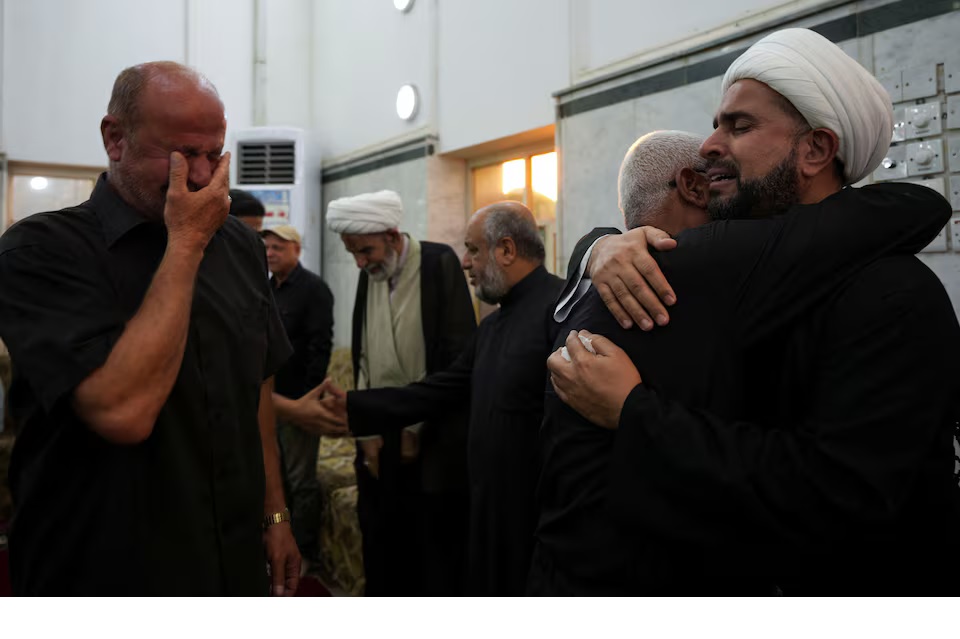
People react as they attend a gathering to offer condolences following the announcement of the death of Lebanon’s Hezbollah leader Sayyed Hassan Nasrallah, in Basra, Iraq
Families displaced by the fighting have taken refuge in public areas, with reports of people sleeping on benches along Beirut’s waterfront. The U.N. World Food Programme has initiated emergency operations to provide food to those affected by the conflict.
On Sunday, Israel’s military reported targeting numerous sites in Lebanon, including weapon depots and launchers. Its navy intercepted several projectiles from Lebanon and the Red Sea. Israeli officials asserted that the Houthis operate under Iranian direction, and the Defense Minister stressed that no location is off-limits for Israeli forces.
The aftermath of Nasrallah’s killing has created a challenging environment for Hezbollah, which had recently suffered significant losses. The group faces criticism from various factions within Lebanon, highlighting the ongoing tensions in a nation already grappling with historical conflicts. The Maronite Patriarch of Lebanon remarked that Nasrallah’s death has “opened a wound in the heart of the Lebanese,” reflecting the complex feelings surrounding Hezbollah’s role in the region.

